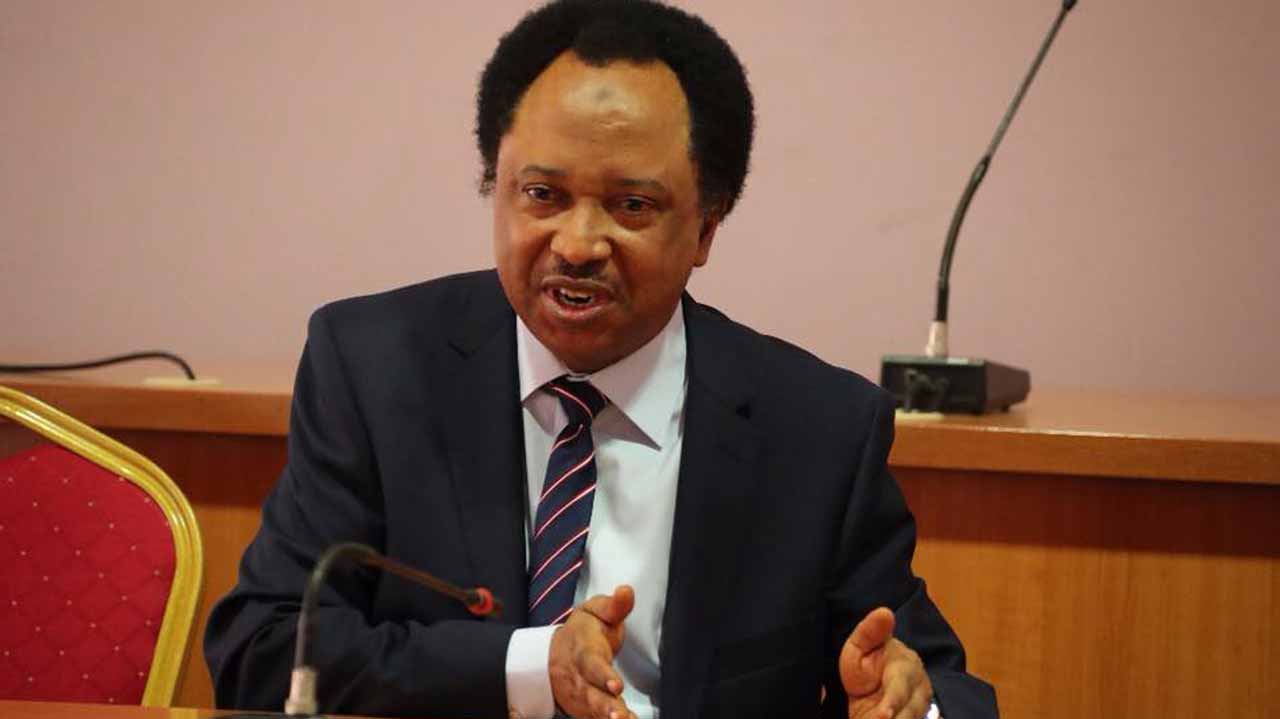Senator Shehu Sani, who represented Kaduna Central in the 8th National Assembly, has raised significant concerns regarding the persistent issue of banditry in Nigeria, suggesting that these criminal elements may serve as fronts for larger, unseen forces.
In a recent post on his official X account, Sani pointed to the paradox of bandits collecting billions in ransom while remaining impoverished and unkempt, raising questions about the true beneficiaries of their activities.
“Despite the billions of ransom payments received by bandits in the North, they remain wretched and poor,” Sani stated, emphasizing that the conditions of these bandits do not align with the wealth generated through their criminal endeavors.
He observed that when apprehended, these individuals appear malnourished, dirty, and destitute, which he argues supports the theory that they are merely pawns in a larger game orchestrated by powerful, invisible forces.
READ ALSO: The poor should not bear the burden of sacrifice – Shehu Sani, others tell Tinubu
This assertion reflects a growing sentiment among analysts and observers who believe that the root causes of banditry and terrorism in Nigeria extend beyond the immediate criminal acts.
Many experts contend that organized crime and terrorism in the region are often linked to complex networks of political and economic interests that enable such activities to flourish.
Sani’s comments echo calls for deeper investigations into the underlying structures that allow banditry to persist despite significant government efforts to combat it.
Political analysts argue that Sani’s claims highlight a critical perspective on the security challenges facing Nigeria. Dr. Amina Mohammed, a political scientist specializing in security studies, noted, “Sani’s observations suggest that there is a need to explore the financial and operational dynamics behind banditry more comprehensively.
It raises questions about who really benefits from the chaos and what incentives exist for these groups to continue their operations.”
Furthermore, human rights advocates warn that framing bandits as mere pawns in a larger conspiracy could overshadow the urgent need to address the socioeconomic conditions that fuel such criminal activities.
Many communities affected by banditry suffer from poverty, lack of education, and inadequate access to essential services, which can lead to a cycle of violence and desperation.
READ ALSO: Replacing France, US with Russia cannot end terrorism in West Africa – Shehu Sani
Sani’s remarks have sparked discussions among civil society groups and political commentators regarding the need for a multifaceted approach to tackling banditry and terrorism. This includes not only military action but also socio-economic interventions aimed at addressing the root causes of these security threats.
As Nigeria grapples with increasing incidents of banditry and violence, Sani’s comments serve as a reminder of the complexities involved in the fight against terrorism and the importance of understanding the broader context in which these criminal activities occur.
The call for accountability and transparency in addressing these issues is more critical than ever as the nation seeks to restore peace and security for its citizens.

 Football1 week ago
Football1 week ago
 Entertainment6 days ago
Entertainment6 days ago
 Business6 days ago
Business6 days ago
 Football1 week ago
Football1 week ago
 Business6 days ago
Business6 days ago
 Crime1 week ago
Crime1 week ago
 Health7 days ago
Health7 days ago
 Football1 week ago
Football1 week ago

